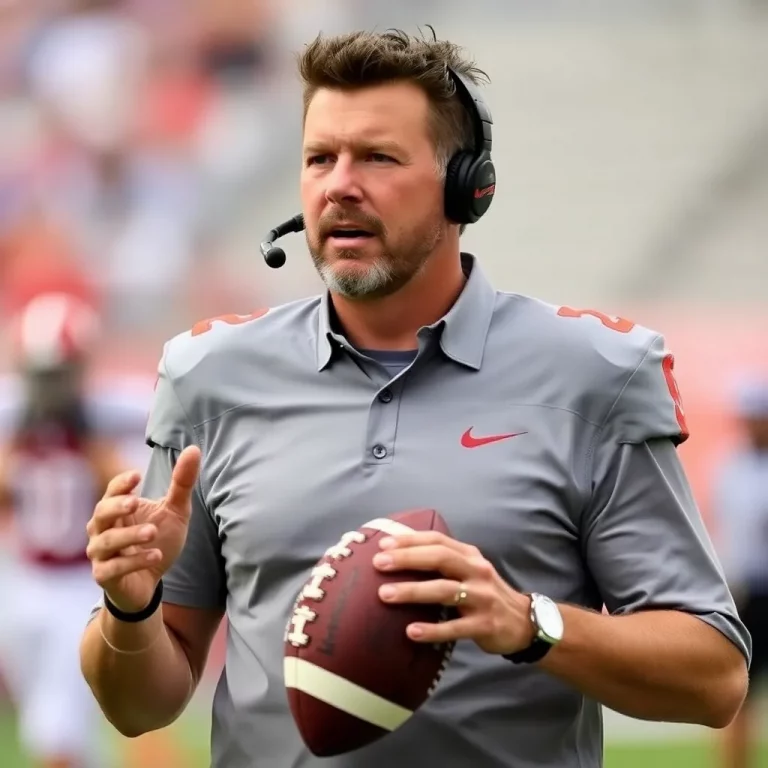Mike Gundy Pushes for Change in College Football
Stillwater, Oklahoma – In a recent press conference, Oklahoma State head coach Mike Gundy shared a bold vision for the future of college football. Gundy believes that the sport is facing significant challenges that require a coordinated effort from its top programs. He emphasized the need for a single leader to unite the major players in college football to tackle these issues effectively.
Gundy stated, “You’ve got to get one person in charge. They’ve got to get the four power people in one room. They all got to start talking about equality, how can we revenue share across the country, and follow the NFL pattern.” His comments addressed the current inconsistencies and inequities within the sport, which have become more pronounced in recent years.
Since taking the helm at Oklahoma State in 2005, Gundy has witnessed the evolution of athlete compensation. He suggests that a new model is necessary—one that includes revenue sharing, salary caps, and entry-level contracts for players. This proposal is a response to recent changes, like the House v. NCAA settlement that has introduced revenue sharing for athletes.
Many college programs have begun compensating their athletes directly, but Gundy argues that a more structured approach is needed. He called for higher-level coordination among conferences and power programs to create standard practices and reduce imbalances that can lead to chaotic competition.
Support for these reforms is growing among coaching circles. Some advocates call for recognizing athletes as employees, introducing collective bargaining rights, and establishing regulatory standards for high school recruits. Gundy’s solution isn’t just theoretical; he laid out a clear plan for how one authority could work with power programs to ensure revenue equality and establish sustainable roster guidelines.
Gundy’s advocacy for systemic change signals a critical time in the landscape of college football. He believes that fair practices and a structured approach to financial and roster management are vital for the future of the sport. As college football continues to evolve, the question remains: How will these ideas be implemented, and will leadership step up to meet the challenge?


